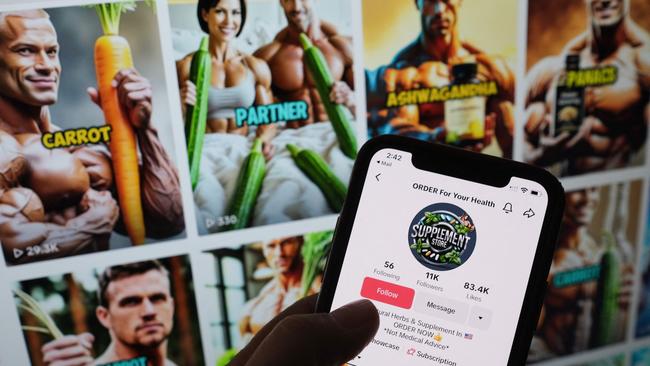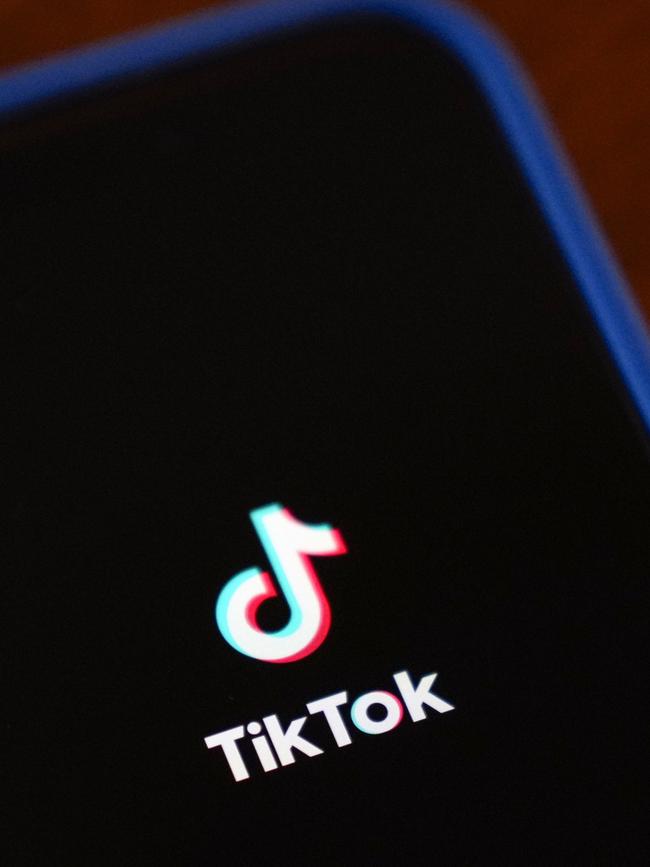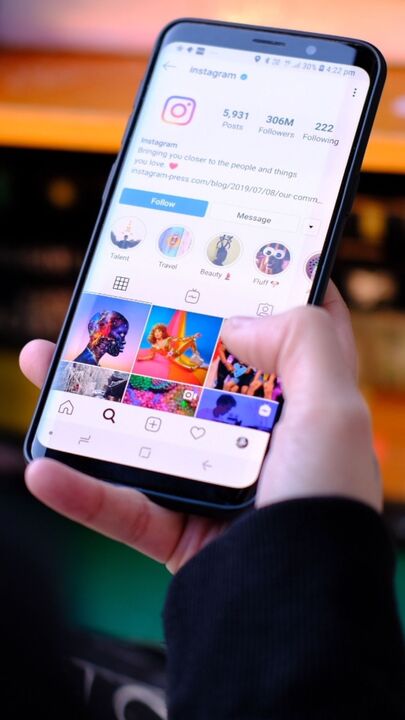TikTok and AI are junk food, so it may be time to think about dieting
In the ‘moronogenic’ environment of the smartphone age, it’s clear that developing and maintaining our critical faculties is going to require hard work.

A few weeks ago a widely circulated blog by an anonymous university professor featured the discouraging observation that “most of our students are functionally illiterate”. “This,” the writer added, “is not a joke.”
Literacy, one might optimistically have assumed, is a basic consequence (or even cause) of a university education. But this is the age of universal, non-stop digital distraction.
A similar report in the Atlantic magazine found that many undergraduates at even prestigious institutions are incapable of reading books all the way through (a complaint regularly echoed by acquaintances working in academia).
And last week an investigation into students using ChatGPT to write their essays (the practice is now basically ubiquitous), published in New York magazine, quoted the opinion of one professor that “massive numbers of students are going to emerge from university with degrees, and into the workforce, who are essentially illiterate”.
It is possible, of course, to take such complaints as the immemorial grumblings of crusty dons about doltish, indolent youth. But unusually, the students seem to agree.
“I spend so much time on TikTok,” one undergraduate reported. “Hours and hours, until my eyes start hurting, which makes it hard to plan and do my schoolwork.” Fortunately, “with ChatGPT, I can write an essay in two hours that normally takes 12”.
Frankly, if you never read and never write, functional illiteracy is not a very surprising fate. We may come to see these articles as reports from the frontier of the next public health crisis, albeit one that concerns not our physical but our cognitive fitness.
Students are only the canaries trilling away in the proverbial coalmine. Performance in reasoning and problem-solving tests has been declining among teenagers and adults since the early 2010s, when smartphones became widespread. Average IQ, which rose steadily throughout the 20th century (the famous “Flynn effect”), began to fall at about the same time.

A recent OECD report found surprise drops in literacy and numeracy across the developed world. Reliance on AI, according to a Microsoft study, may be “slowly impairing our critical thinking skills”. A sober analysis of the data, in the Financial Times, concludes that we are witnessing an “erosion in the human capacity for mental capacity and application”.
A pertinent analogy, made by writer Gurwinder Bhogal, is the obesity epidemic that emerged in the 1970s. Before then, it was easy to be thin. Many people worked in manual jobs that required regular physical exertion and they ate home-cooked food.
But the arrival of fast food and the growth of sedentary lifestyles created what scientists refer to as an “obesogenic” environment; ie, one that was likely to make you fat. Average body size increased rapidly – perhaps the most dramatic change in the physiology of the average human in recorded history.
The 21st-century information environment might be termed “moronogenic”, tending to reduce deep thought, sustained attention and cognitive function. As an internal report produced by TikTok put it, regular use of the app leads to “loss of analytical skills, memory formation, contextual thinking, (and) conversational depth”.

Thanks to AI, many people may soon find their jobs are significantly less intellectually demanding – the cognitive equivalent of moving from strenuous manual labour on a building site to a desk job. And mentally, just as much as gastronomically, you are what you eat. Instagram, Twitter and TikTok are the intellectual equivalents of what have recently been termed ultra-processed foods.
In his book, Ultra-Processed People, Chris Van Tulleken describes “UPFs” such as burgers and ready meals as less like real food and more like artificially produced addictive substances. Something similar is true of short-form videos, clickbait and tweets, aptly referred to online as “slop” or “brain rot”.

We talk of misinformation, disinformation and information overload but this stuff doesn’t really count as information at all, only a kind of empty, sugary substitute for it. The result is what Bhogal has called “the intellectual obesity crisis”. Significantly, just as most obese people would prefer not to be fat, so nearly half of Gen Z say they wish TikTok had never been invented.
The lessons of the obesity epidemic are in some ways pessimistic. No state has forbidden its citizens from eating at McDonald’s and it seems unlikely any government will intervene to ban its citizens from TikTok (except, of course, in China, where the app promotes educational content and switches off at 10pm for the young).
But the rise of the obesogenic environment also precipitated the rise of the fitness industry. Boring and painful activities such as jogging, gym-going, pilates and eating seeds were once vanishingly niche. They are now enormously popular and statusful.
What had to be learnt in the decades after the introduction of fast food was that physical fitness could no longer be taken for granted. Effort was now required. In the 21st century, maintaining attention, critical thinking and deep thought is going to require a similar commitment.

If the situation among students is as dire as reports suggest, those people capable of putting their phones down, resisting social media and cutting out video games may find themselves at a considerable advantage relative to the rest of the population.
A recent study found that blocking the internet from the mobile phones of volunteers for only two weeks produced measurable improvement in their cognitive ability.
I don’t see why that should be less compelling as a challenge to ambitious, competitive people than training for a half marathon. Books, I submit, are the pilates of the mind. I never imagined I would find myself an apostle of a wellness movement but I may have found my cause.
THE TIMES






To join the conversation, please log in. Don't have an account? Register
Join the conversation, you are commenting as Logout